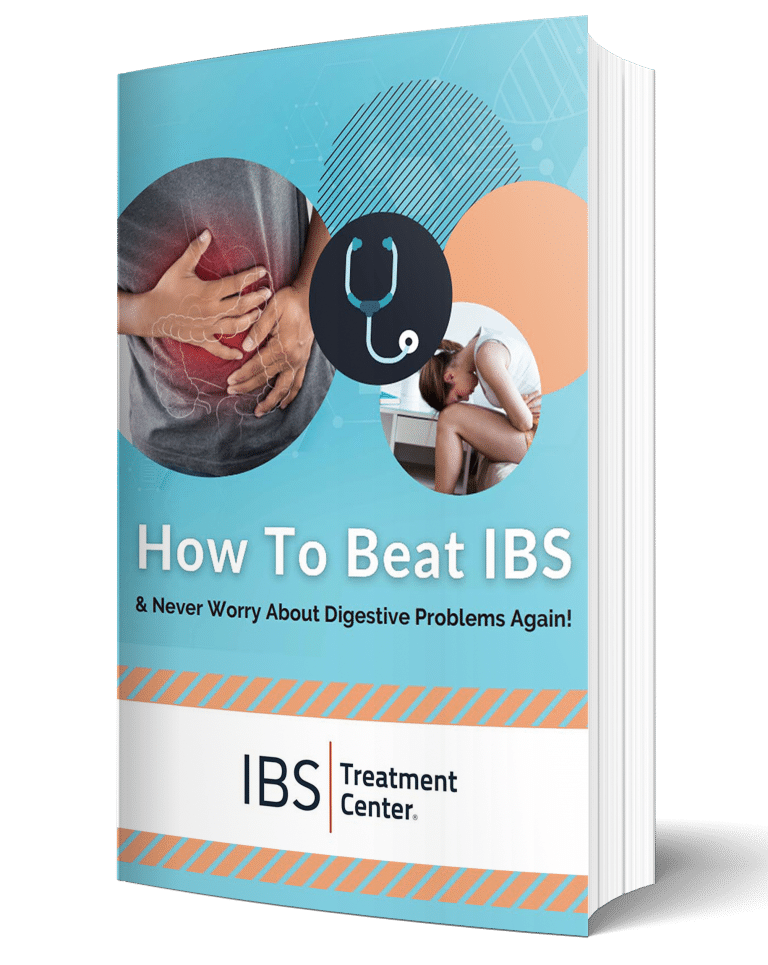(image thanks to kidshealth.org)
Most people with IBS are suffering at least in part because of an allergic reaction to one or more foods. This often surprises people, who don’t believe that they have allergies. This is because they have friends whose allergy symptoms are different, or they think that food allergies result in hives, a rash, or some kind of medical emergency.
But even for those who have already had food allergy testing, chances are it wasn’t very helpful. This is because the majority of food allergy testing is only designed to measure allergies that produce skin rashes. The skin prick testing that is standard practice does demonstrate whether or not the patient will have a rash in reaction to exposure to the allergens used. However it doesn’t and can’t measure other types of immune system responses or immune system activities that involve certain types of antibodies.
People often have a tough time believing that they may have a food allergy because they’ve eaten the “offending” foods before, some every day, and have not suffered from consistently severe symptoms. Maybe they’ve had just a little diarrhea or constipation once in a while, until suddenly it gets worse or new symptoms develop. Symptoms of food allergies, including IBS symptoms, can show up at any age, from birth to old age. The challenge in discovering the food allergy is in getting the proper testing done and in getting the proper education about where the offending foods are hidden in your diet. Most clinics offer neither, even those that supposedly focus on allergies.
The immune system functions like a sentinel standing guard against foreign invaders. In the case of an allergy, the invaders are called allergens. The primary weapon that it uses against invaders is the production of antibodies. The antibodies cause reactions that result in the offending allergens being removed from the body. In many people, foods act as allergens rather than nutrition. This can result in the symptoms of IBS.
The immune system produces numerous kinds of antibodies, called immunoglobulins. IgE and IgG are acronyms for two of the different kinds of antibodies produced by the immune system in allergic reactions to food. These types of reactions typically occur immediately after contact with or ingestion of the allergen, and in some cases can cause serious, even fatal, health problems. Potential IgE reactions include swelling of the lips and tongue, hives, bloating, abdominal pain, or sudden diarrhea. These are the reactions that people usually think of when they hear the word allergy. However, IgE reactions can also lead to many other symptoms not traditionally recognized as being caused by food allergies.
The problem with this type of testing is that most food allergies are not IgE reactions, but are rather IgG reactions, which usually show up hours or even days after ingestion of the allergen. They are generally not nearly as dramatic as the more severe IgE reactions, and usually result in “mere” constipation, diarrhea, bloating, gas and abdominal pain. Both antibodies are important, and food allergy testing should include both or the cause of IBS may be missed.
—
image thanks to kidshealth.org

Dr. Wangen is the founder and medical director of the IBS Treatment Center, the award winning author of two books, and a nationally recognized speaker on digestive disorders. He has been on ABC, NBC, and Fox as well as public radio, and was named one of Seattle’s Top Doctors by Seattle Magazine.

